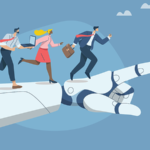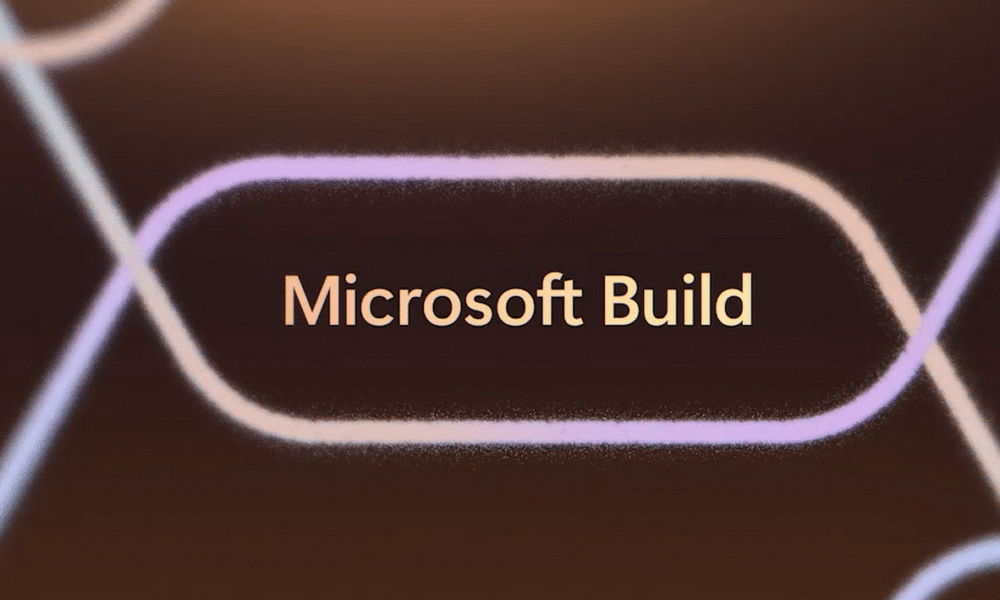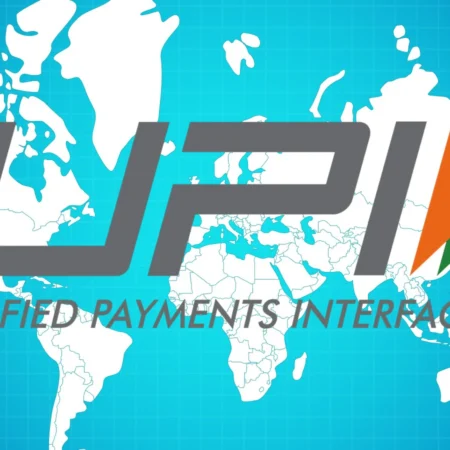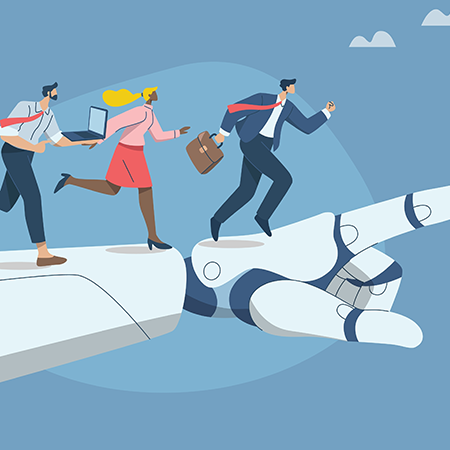Microsoft Build 2025 Highlights: AI Integration Across Platforms?
Table of Contents
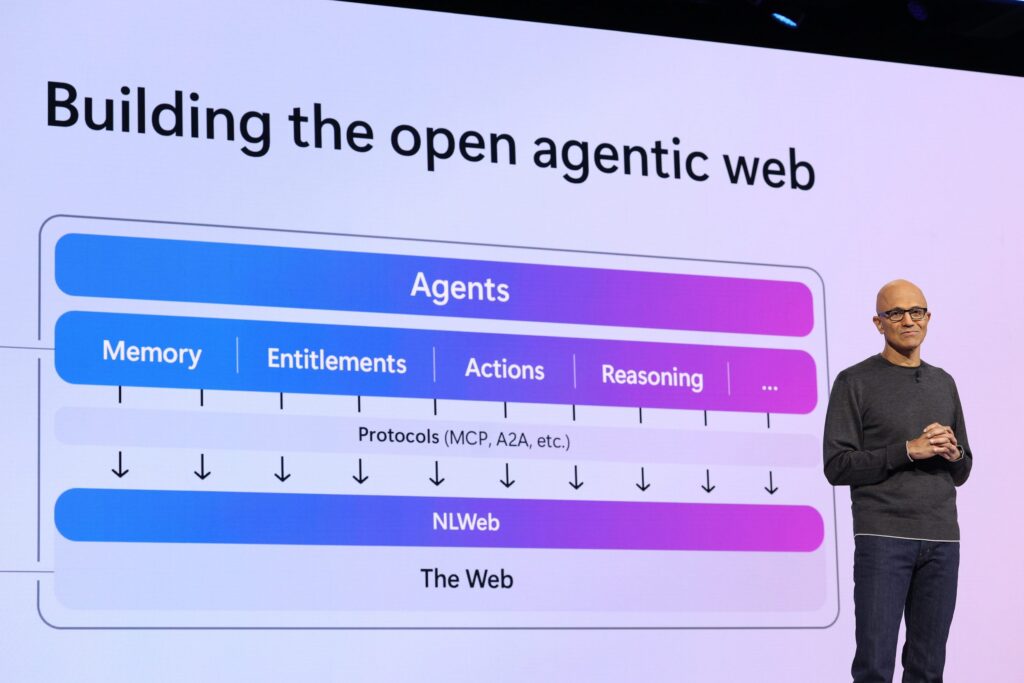
Microsoft Build 2025, held in Seattle, showcased the company’s commitment to embedding AI across its ecosystem. CEO Satya Nadella emphasized the vision of an “open agentic web,” highlighting advancements in AI agents, developer tools, and platform integrations.
Satya Nadella’s Vision for AI
Nadella’s keynote underscored AI’s transformative role, introducing collaborations with industry leaders:
- OpenAI: Integration of Codex, a new agent for software engineering.
- xAI (Elon Musk): Introduction of Grok 3 and Grok 3 mini models on Azure AI Foundry.
- NVIDIA: Partnership to accelerate AI performance across platforms.
These alliances aim to foster a diverse AI ecosystem, empowering developers with a range of tools and models.
The Rise of AI Agents
AI agents are evolving from assistants to autonomous entities capable of performing complex tasks:
- GitHub Copilot: Enhanced to handle multi-step coding tasks, including bug fixes and code reviews.
- Azure AI Foundry: Introduced tools like the Semantic Kernel framework and AI Red Teaming Agent to support the development and safety of agentic applications.
These agents are designed to streamline workflows, reduce manual effort, and improve productivity.
GitHub Copilot Gets Smarter
GitHub Copilot has evolved into a comprehensive AI coding agent:
- Agent Mode: Autonomously searches codebases, edits files, and runs tests.
- Copilot Extensions: Integrates with tools like Docker, MongoDB, and Azure, allowing natural language interactions within the development environment.
- Autofix: Automatically identifies and resolves security vulnerabilities in code.
These enhancements aim to assist developers in writing, testing, and deploying code more efficiently.
NLWeb and the Agentic Web
The introduction of the Model Context Protocol (MCP) facilitates seamless integration of AI agents across platforms:
- MCP: Acts as a universal standard for AI system connectivity, enabling interoperability between different AI models and applications.
- Semantic Kernel: Utilizes MCP to orchestrate multi-agent systems, simplifying the development of complex workflows.
This approach promotes an open and collaborative AI ecosystem, enhancing the capabilities of AI agents.
Microsoft 365 Copilot & Copilot Studio
Microsoft 365 Copilot has been enhanced with new features:
- Copilot Tuning: Allows customization of AI agents using company-specific data.
- Multi-Agent Orchestration: Enables coordination of multiple agents to handle complex tasks.
- Copilot Studio: A development environment for creating and managing custom AI agents.
These tools aim to improve productivity and collaboration within enterprise environments.
Azure AI Foundry and Model Ops
Azure AI Foundry serves as a comprehensive platform for developing and deploying AI agents:
- Model Management: Supports over 1,800 models, including GPT-4.1 and Grok 3.5.
- Fine-Tuning: Offers tools for customizing models to meet specific organizational needs.
- Security: Integrates with Microsoft Entra for identity management and implements Zero Trust principles.
These features aim to provide a secure and scalable environment for AI development.
Windows Platform Evolves for AI
Windows 11 introduces AI-driven features to enhance user experience:
- AI Actions: Contextual shortcuts in File Explorer for tasks like image editing and summarization.
- Windows AI Foundry: Supports the Model Context Protocol, enabling AI applications to interact seamlessly with Windows components.
- Open-Source WSL: Windows Subsystem for Linux is now open-source, promoting community collaboration.
These developments aim to create an AI-first developer experience on Windows.
SQL Server 2025 Preview
SQL Server 2025 introduces AI capabilities to enhance data management:
- Native Vector Indexing: Supports hybrid searches combining traditional and vector-based queries.
- AI Model Integration: Allows deployment and management of AI models directly within the database.
- Security Enhancements: Integrates with Microsoft Entra for identity management and adopts Zero Trust principles.
These features aim to provide enterprises with advanced data processing capabilities.
Real-World AI Applications Showcased
Microsoft highlighted several real-world applications of AI
- Stanford Medicine: Utilizes AI for tumor board assistance, improving diagnostic accuracy.
- UK Met Office: Employs AI for climate forecasting, enhancing predictive capabilities.
- NFL Combine: Analyzes player performance data using Azure AI, providing insights for team strategies.
These examples demonstrate the practical impact of AI across various industries.
Education and Accessibility Empowered by AI
Microsoft’s AI initiatives aim to enhance education and accessibility:
- Copilot Chat for Teachers: Assists educators in Peru with lesson planning and student engagement.
- AISIN Tool: Developed for hard-of-hearing users, improving communication accessibility.
- Imagine Cup Winner: A project designed to aid visually impaired individuals, showcasing innovative use of AI.
These efforts reflect Microsoft’s commitment to inclusivity and empowerment through AI.
Developer-Centric Enhancements
Microsoft introduced several tools to support developers:
- Teams AI Library: Provides pre-built AI models and components for integration into applications.
- Power Apps Integration: Enhances low-code development with AI capabilities.
- Multi-Agent System Support: Facilitates the creation and management of systems involving multiple AI agents.
These enhancements aim to streamline the development process and foster innovation.
Ecosystem Partnerships
Microsoft expanded its AI ecosystem through strategic partnerships:
- NVIDIA: Collaborated to accelerate AI performance across platforms.
- OpenAI: Integrated Codex into Microsoft’s AI offerings.
- xAI (Elon Musk): Introduced Grok models on Azure AI Foundry.
These partnerships aim to provide developers with a diverse range of tools and models.
Conclusion
Microsoft Build 2025 showcased significant advancements in AI integration across Microsoft’s platforms. The emphasis on AI agents, developer tools, and platform enhancements reflects Microsoft’s commitment to fostering an open and collaborative AI ecosystem. These developments aim to empower developers, enhance productivity, and drive innovation across various industries.



